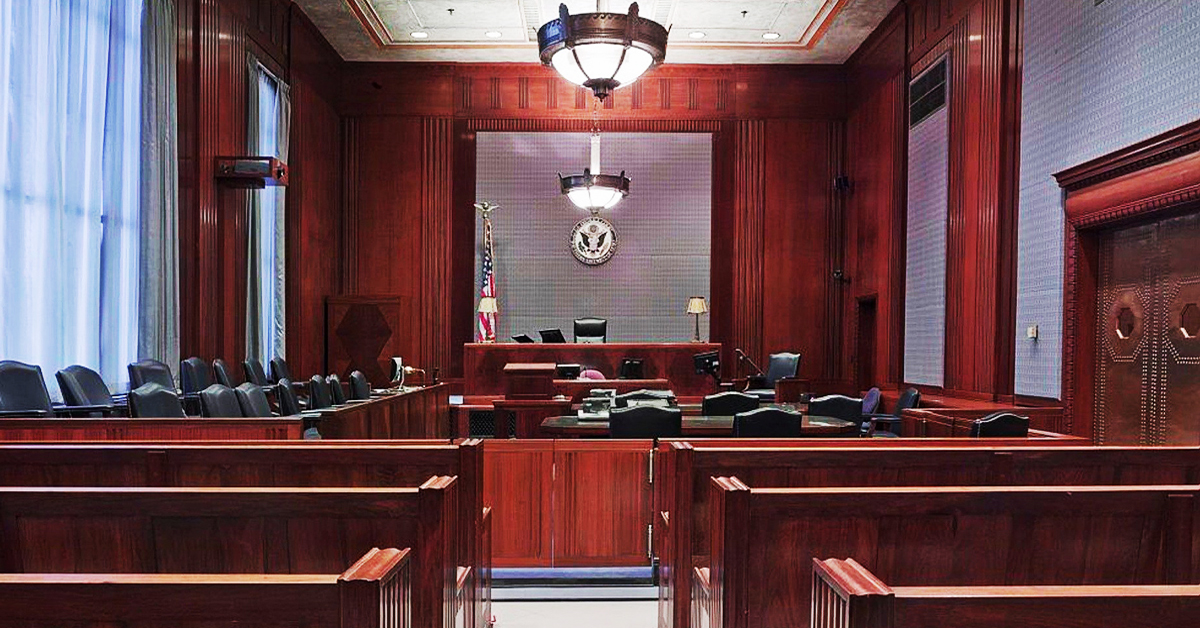Property tax assessments are critical components of real estate ownership. They impact both commercial and residential property owners. And while they are necessary, they aren't always correct and subject to a property tax appeal.
You should consider filing an appeal if your tax assessment is out of line. It ensures fairness in property valuation. Consider talking with a real estate attorney near you to help with the tax appeal process.
High Swartz attorneys serve residential and commercial clients in Montgomery County and Bucks County.
Understanding Property Tax Assessments
In Pennsylvania, several sources assess property tax rates -- counties, municipalities, and local taxing authorities like school districts. Consequently, property tax levies vary according to your address.
Your PA county tax assessor is the primary resource for understanding local property taxes and valuation. Moreover, how much you'll pay on the assessed fair market value varies by county. Nonetheless, all PA property taxes reflect the assessed value of your home.
Mill Rates
Mill rates reflect the total value of property within your jurisdiction. They provide tax revenue to cover projected expenses in your jurisdiction's infrastructure. That includes items like police and emergency services and public schools.
The millage rate determines what you pay for Pennsylvania property taxes. Your property tax equals your property's assessed value times the millage rate. Mill rates frequently vary for different property types, such as residential, commercial, or industrial properties. So, you may consider filing a property tax appeal if your property is incorrectly recorded.
Because real estate values fluctuate, tax assessors typically update the property's taxable value yearly. However, one constant aspect in Commonwealth is that one mil represents $1 for every $1,000 assessed value.
Calculating Your Assessed Value
The formula is Property tax levied on property = (mill rate x taxable property value) ÷ 1,000.
So, let's assume your mill rate is 7, and your residence has a taxable value of $150,000. Based on the formula, your tax bill is $1,050. So, $150,000 times 7 equals $1,050,000, then divide that by 7, and you get $1,050.
But here's the thing: assessments aren't perfect, as errors can happen. Plus, market values can shift, making your tax bill seem exorbitant. Hence, you have the option of filing a property tax appeal.
5 Reasons to Consider a Property Tax Appeal
Tax appeals ensure you don't pay an inflated tax bill. There are compelling reasons to examine your assessment, whether you own residential or commercial property.
Here are five reasons you might want to consider a property tax appeal:
1. Property Value
It's not uncommon for commercial and residential property to reflect an over-valued assessment. That can stem from outdated assessment techniques or changes in property market values.
It's a good idea to use a third-party assessor to help determine the value of your home. For example, a real estate agent can help you determine whether the assessment is fair. Their analysis can illuminate whether or not contesting an assessment is worth the time and expense.
2. Inaccurate Property Descriptions
Sometimes, assessors record information incorrectly. For example, the description of a property, its size, number of rooms, or even its usage isn't accurate.
For example, get a copy of your tax records and review it for some of the following to determine if you should file a property tax appeal:
- Is your home correctly classified as residential property?
- Is the size of your home and the lot accurate?
- Is the number of bedrooms and bathrooms correct?
- Are defects in your home, such as a leaky basement or an aging roof, mentioned?
- Is the age of your home accurately stated?
- Is the purchase price accurate?
3. Comparable Values
If a property like yours receives a lower assessment, you might have a compelling case for an appeal. For example, find several homes of similar age and square footage. Then, see how their assessments align with yours.
Search in your area for recent sale prices of homes similar to yours on a website such as Zillow.com or Realtor.com. Any sales in the past few months may have occurred after your assessor's latest property evaluation.
4. Economic Hardships
Events like regional economic downturns, pandemics, or natural calamities can affect property values. It's only fair that tax assessments reflect these changes.
5. Legal Changes
Tax laws evolve, so staying updated can reveal new exemptions or reductions applicable to your property type. Again, that's where a real estate lawyer can be a valuable resource.
How to File a Property Tax Appeal
Most Pennsylvania counties have appeal deadlines 2023 between late July and September 1. However, Philadelphia extends its deadline until October 2, 2023.
You can file an appeal with the appeal board via email or online. More details are available from the Department of Revenue. You can file your appeal form here if you're living in Philadelphia.
One widespread myth is that challenging assessments will inevitably lead to higher taxes. This is only sometimes true -- presenting a solid case backed by evidence can lead to a reduction instead.
By the way, if you’re transferring a commercial or residential property, you’ll want to familiarize yourself with transfer taxes. For example, Philadelphia’s transfer tax is among the highest in Pennsylvania.
The Importance of a Real Estate Attorney for a Property Tax Appeal
You don't need to hire a real estate attorney to file a property tax appeal. However, the process requires expertise to navigate the legal intricacies and address essential details for your tax appeal.
A local real estate attorney owns valuable insights into real estate law. Additionally, they can simplify the process and reduce the risk of overlooking critical elements. As a result, they can significantly increase the chances of a successful appeal.
Before meeting with an attorney, you’ll need to document the current value of your property and its assessed value.
Our law firm serves clients in Montgomery County and Bucks County. Best Law Firms recognized in their 2023 edition for real estate law in Philadelphia. So, if you're ready to challenge your property tax assessments, call us.




